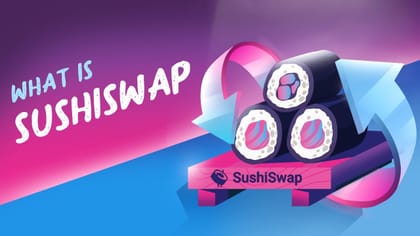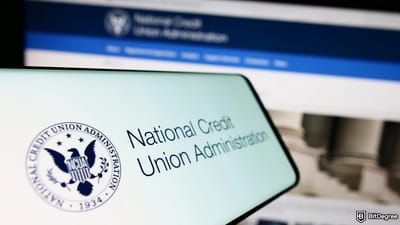Stop overpaying - start transferring money with Ogvio. Sign up, invite friends & grab Rewards now! 🎁
SEC Backs Off: DePIN Tokens Declared Outside Securities Law
Key Takeaways
- SEC will not pursue action against DoubleZero’s 2Z token, as it ruled that DePIN tokens fall outside securities regulations;
- Commissioner Hester Peirce stressed that DePIN tokens reward work and services, not investment profits;
- The decision allows projects like DoubleZero to build infrastructure without being slowed by complex securities registration rules.
The US Securities and Exchange Commission (SEC) has said the agency does not plan to bring cases against tokens connected to Decentralized Physical Infrastructure Networks (DePIN).
In a letter released on September 30, Michael Seaman, chief counsel of the SEC’s Division of Corporation Finance, noted he "will not recommend enforcement action" on DoubleZero’s planned launch of its 2Z token.
Commissioner Hester Peirce explained that DePIN initiatives work very differently from the fundraising deals Congress asked the SEC to oversee. According to her, the agency was built to regulate securities markets, not every kind of economic activity.

Did you know?
Subscribe - We publish new crypto explainer videos every week!
What is SushiSwap? DEX & Sushi Token Animated Explainer


DoubleZero had outlined how its system lets blockchain platforms make use of unused fiber connections offered by individuals or groups. Contributors who supply these resources would receive 2Z tokens in return.
The SEC agreed that this setup does not require registration under securities law and that the tokens are not equity shares.
Austin Federa, DoubleZero’s co-founder, called the decision an important sign that American projects can engage regulators directly and still move forward at speed.
Peirce stressed that this view allows builders to focus on expanding networks rather than spending time untangling complex legal questions. She described DePIN tokens as practical rewards for providing services or completing tasks, not as ownership stakes or profit-sharing tools.
She closed by warning that blockchain technology will never reach its potential if every activity is forced into existing financial regulations.
The SEC has recently issued updated guidelines intended to simplify the listing process for spot cryptocurrency exchange-traded funds (ETFs). What do the rules cover? Read the full story.




















